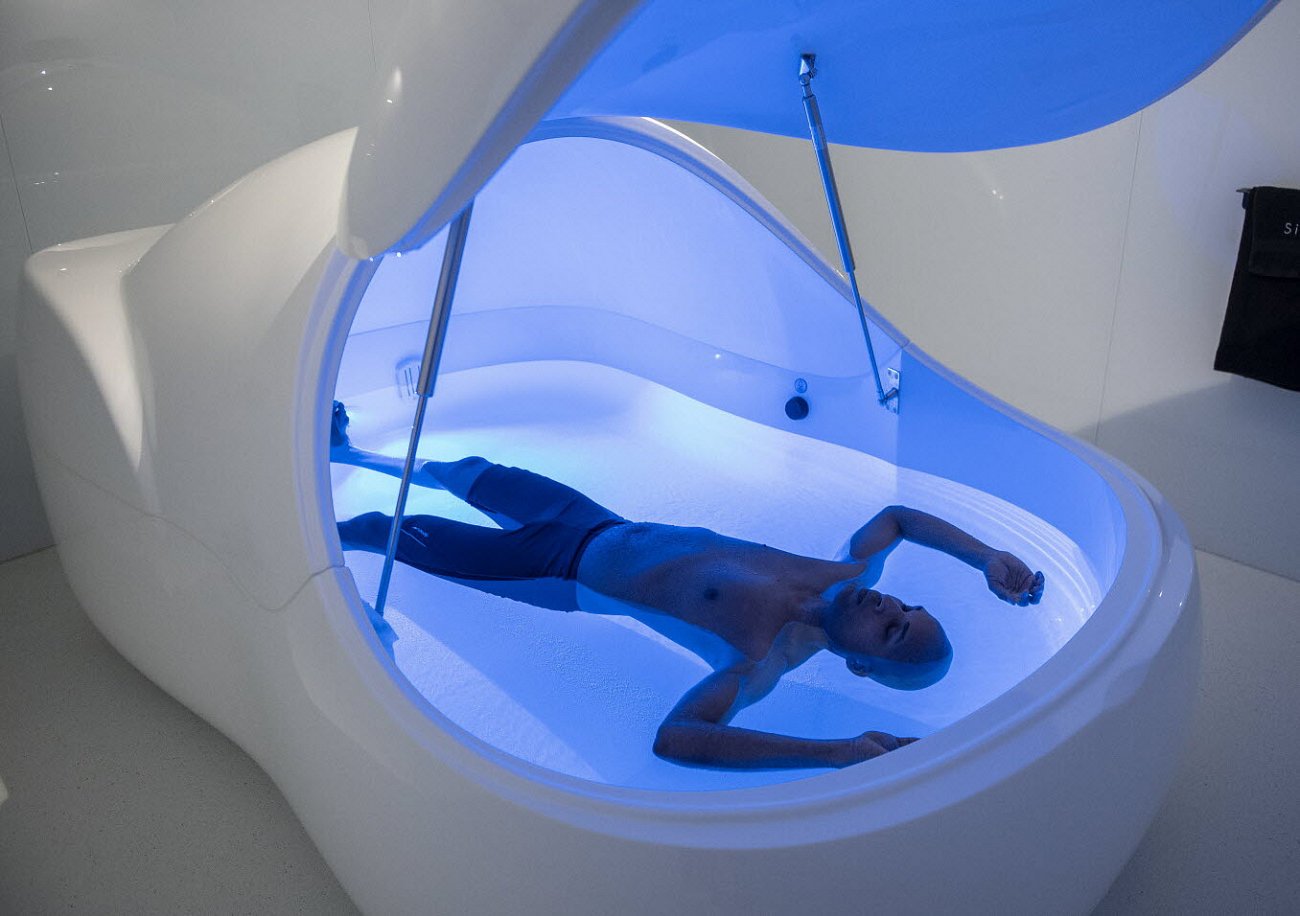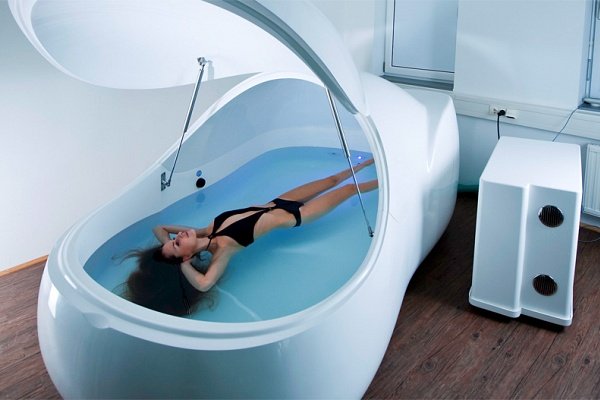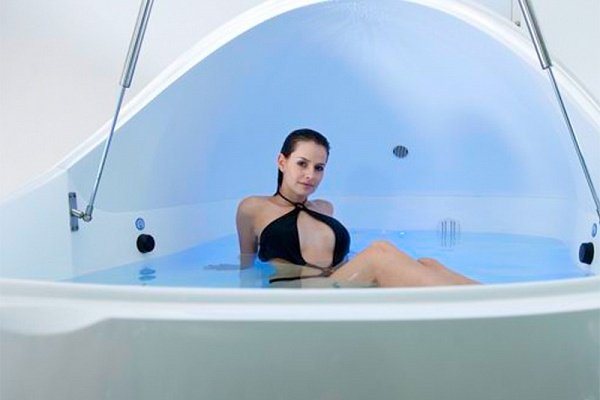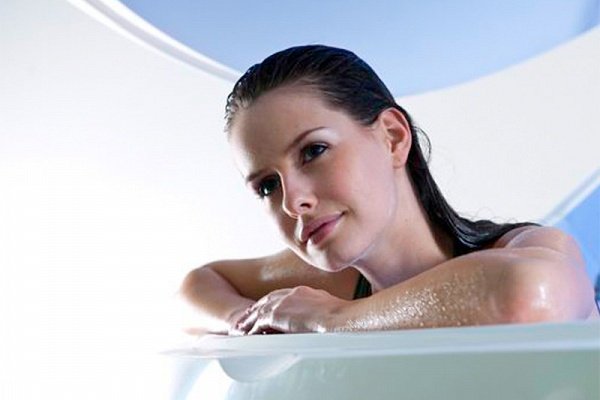18 February 2024, by i-sopod
In the hustle and bustle of our modern lives, finding moments of true silence and solitude can feel like an impossible feat. Yet, throughout history, various cultures have recognized the profound benefits of isolation for enhancing self-awareness, deepening introspection, and achieving altered states of consciousness. From the caves of ancient Greece to the monasteries of Tibet, the practice of withdrawing from external stimuli has long been associated with spiritual growth and mental clarity.
A Journey Through Time
The roots of sensory deprivation trace back centuries, woven into the tapestry of humanity’s quest for understanding the inner workings of the mind. In the philosophical gardens of ancient Greece, luminaries like Socrates and Plato sought wisdom in the tranquillity of secluded spaces, free from the distractions of the outside world. Their retreats into solitude were not mere moments of isolation but deliberate acts of self-discovery, allowing them to tap into deeper realms of thought and contemplation.
Throughout history, various religious and spiritual traditions have incorporated sensory deprivation practices into their rituals. For instance, in Buddhism, monks often spend extended periods in silent meditation retreats, isolating themselves from the outside world to cultivate mindfulness and achieve enlightenment.
Similarly, the Stoic philosophers of ancient Rome espoused the virtues of detachment from external sensations, advocating for a state of equanimity known as “apatheia.” For them, the practice was not a deprivation at all but a pathway to inner peace and freedom from the tumultuous tides of emotion.
The Science of Stillness
While ancient wisdom provides rich insights into the benefits of sensory deprivation, modern science offers a deeper understanding of its mechanisms. Research has revealed that when external stimuli are minimized, the brain redirects its focus inward, paving the way for heightened self-awareness and expanded consciousness.
In the serene embrace of a floatation tank, individuals experience a profound sense of weightlessness and detachment from the world outside. The salty buoyancy of the skin temperature water cradles the body, while the absence of light and sound creates a cocoon of isolation. Within this tranquil sanctuary, the mind begins to unravel its mysteries, ushering in states of deep relaxation and introspection.
A Gateway to Transformation
Beyond mere relaxation, sensory deprivation holds therapeutic potential for addressing a myriad of physical and psychological ailments. Studies have shown its efficacy in alleviating chronic pain, anxiety disorders, and PTSD, offering individuals a reprieve from the relentless clamour of daily life.
As we float effortlessly in the void, we are reminded of our intrinsic capacity for stillness and self-discovery. Here, amidst the gentle ebb and flow of consciousness, we glimpse the profound interconnectedness of ancient wisdom and modern science. In the convergence of these disparate realms lies the promise of transformation, a journey inward, guided by the timeless wisdom of the ages.
Embracing the Void
In the serene expanse of the floatation tank, the boundaries between self and cosmos begin to blur, dissolving into the boundless depths of the subconscious. Here, in the sacred silence, we find not emptiness but infinite possibility, an invitation to explore the recesses of our inner landscape and unlock the dormant potential within.
So, dare to embrace the void, dear traveller, and embark on a journey of self-discovery unlike any other. For in the stillness of the float tank, amidst the echoes of ancient wisdom and the whispers of modern science, lies the key to unlocking the mysteries of the mind and transcending the confines of the ordinary.






